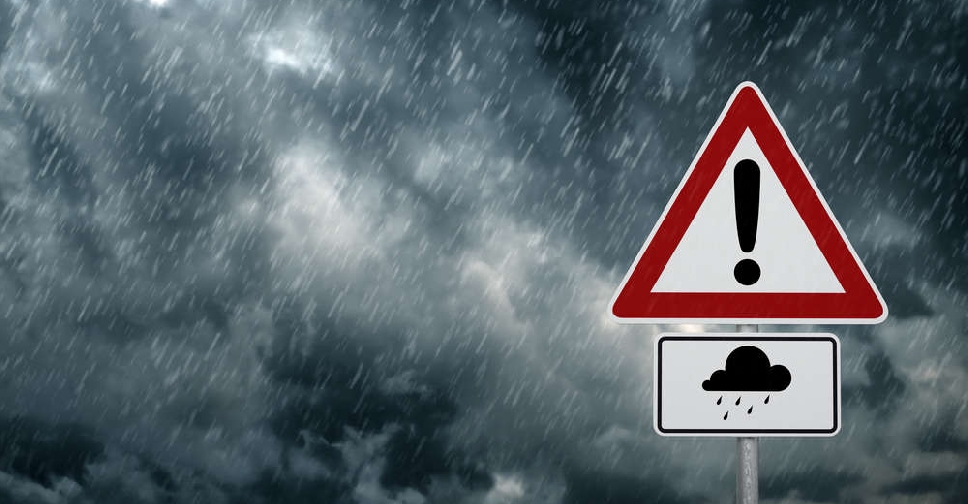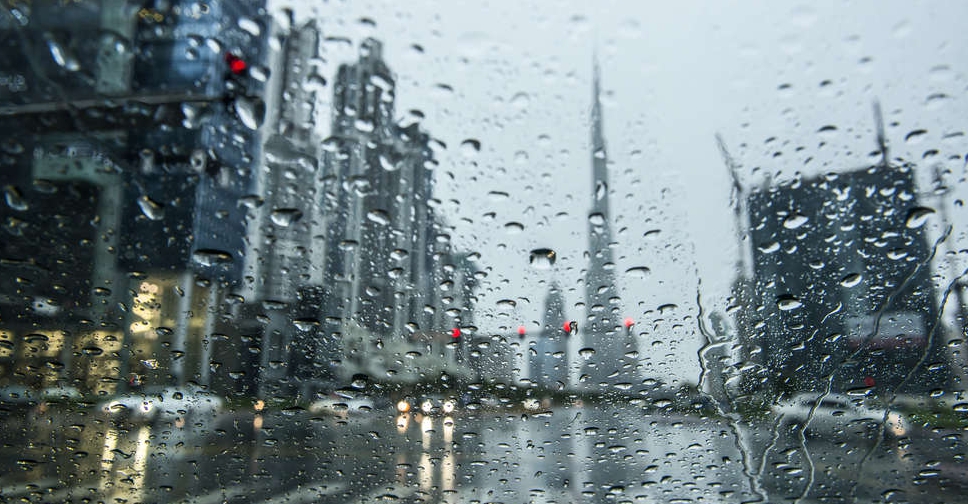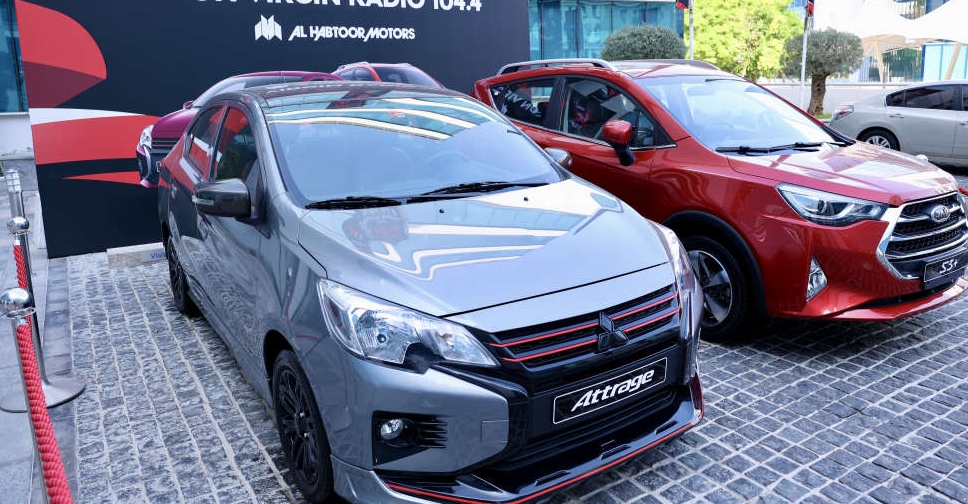
U.S. President Barack Obama and the NATO military alliance called for a de-escalation of tensions between Turkey and Russia, as their war of words over the downing of a Russian fighter jet threatened to undermine efforts for a united front against IS. Turkey shot down the plane near its border with northwestern Syria early Tuesday, drawing an angry rebuke from President Vladimir Putin and marking the first direct clash between foreign powers embroiled in the Syrian civil war. Turkey said the pilots ignored repeated warnings about violating its airspace, while Putin called the attack “a stab in the back from the accomplices of terrorism.” Obama said Tuesday he’ll make it a “top priority” to prevent the Turkey-Russia standoff from worsening, and focus instead on destroying jihadist groups. Jens Stoltenberg, head of the North Atlantic Treaty Organization, of which Turkey is a member, said that “the common enemy” is IS and called for expanded contacts between Turkey and Russia to defuse the dispute. Oil prices jumped after the plane shooting on concerns the Syrian war could spiral to a new level. Political analysts in Russia and Europe said a major escalation is unlikely, and U.S. financial markets pared initial losses. “They’ll want to defuse the situation pretty quickly,” said Daniel Fiott, a researcher at the Institute for European Studies at the Free University of Brussels. “This is not something you want to have on top of all the problems in Syria at the moment.” Still, the incident shows how the Syrian war has become more dangerous as more countries get involved. NATO members and Russia all say they’re targeting IS, and they’ve vowed to intensify that fight after a wave of jihadist attacks including this month’s Paris killings and the bombing of a Russian passenger plane in Egypt. But their actions are often out of sync: the U.S. and allies such as Turkey also want to remove Syrian President Bashar al-Assad, while Russia has supported him. Putin said the Russian plane was targeting terrorist groups in Syria and there will be “serious consequences” for ties with Turkey, though he stopped short of threatening any military response. Turkey is one of the largest buyers of Russian gas, while it sells farm produce and Mediterranean holidays to Russia. Turkish President Recep Tayyip Erdogan sounded a conciliatory note in a televised address late Tuesday. He said Turkey had a right to defend its borders, but harbors no aggressive intent. “We are feeling the pain of facing such a situation,” Erdogan said. “It is out of the question for Turkey to have a hostile stance against its neighbors.” Russia’s Foreign Minister Sergei Lavrov canceled a trip to Turkey planned for Wednesday and recommended citizens avoid traveling there, citing the threat of terrorism in a country that millions of Russian tourists visit every year. Obama met his French counterpart Francois Hollande Tuesday to discuss joint steps against IS. At a White House press conference, both leaders urged Turkey and Russia to avoid any escalation, and concentrate fire on IS. Obama said Turkey has “the right to defend its territory and its airspace,” and the incident highlighted problems with Russian military operations so close to the Turkish border. Hollande said he’ll press Putin to refocus Russian strikes on IS when he meets the Russian leader in Moscow on Thursday. The Su-24 jet was flying one kilometer (0.6 mile) inside Syria when it was hit, and crashed four kilometers from the line, Putin said. Turkey released what it said were radar data that showed the plane crossing into Turkish territory before it was shot down. Russia’s Defense Ministry said one of the two pilots was killed by gunfire from the ground after he ejected from the plane, while a marine who was part of a rescue team also died when his helicopter was shot at. Russia will station the cruiser Moskva offshore near the country’s Syrian base in Latakia, and its air-defense system will provide cover for Russian planes in the area, the ministry said. Some members of Russia’s parliament called for economic retaliation. One major tour company suspended sales of packages for Turkey, citing the unstable political environment, Interfax reported. But Frants Klintsevich, deputy head of the Defense Committee in the upper house of Russia’s parliament, said any direct confrontation with Turkey over the incident “would be absurd and unacceptable.” (By Andrey Biryukov, Selcan Hacaoglu and Onur Ant/Bloomberg)
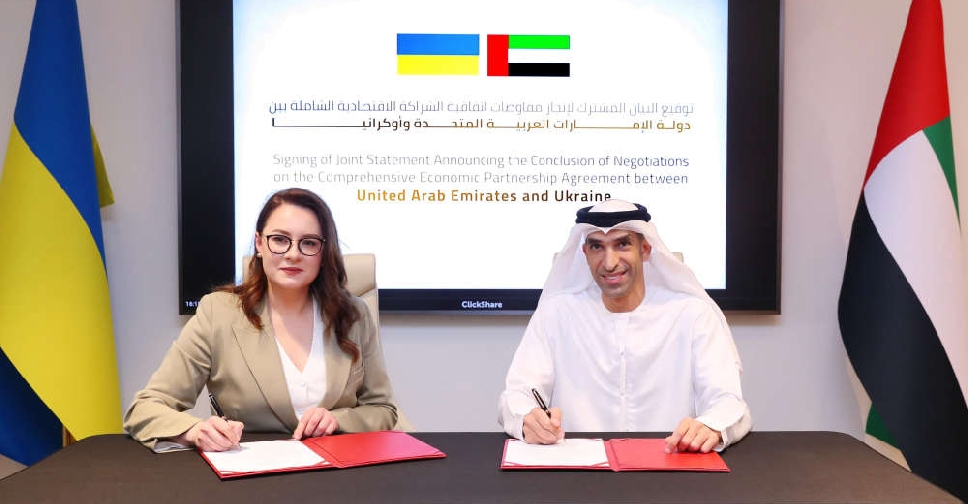 UAE, Ukraine conclude terms of trade pact
UAE, Ukraine conclude terms of trade pact
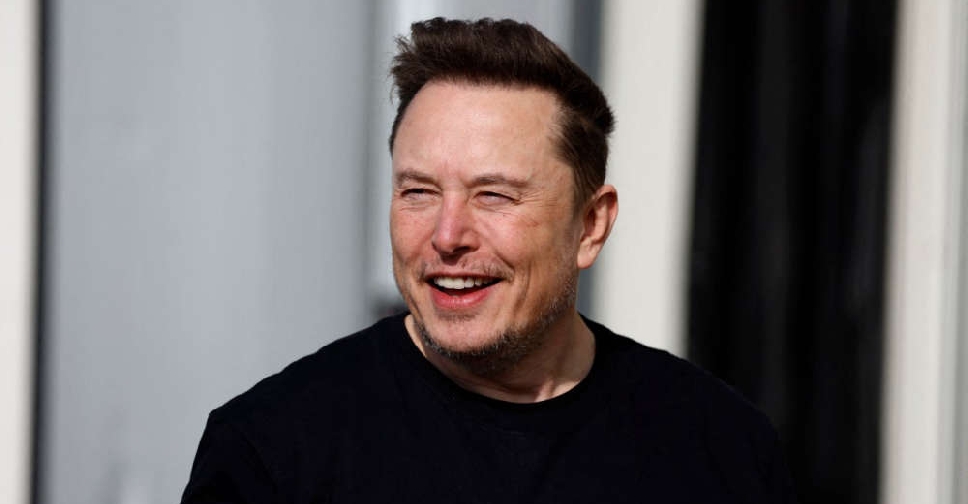 Elon Musk visits China as Tesla seeks self-driving technology rollout
Elon Musk visits China as Tesla seeks self-driving technology rollout
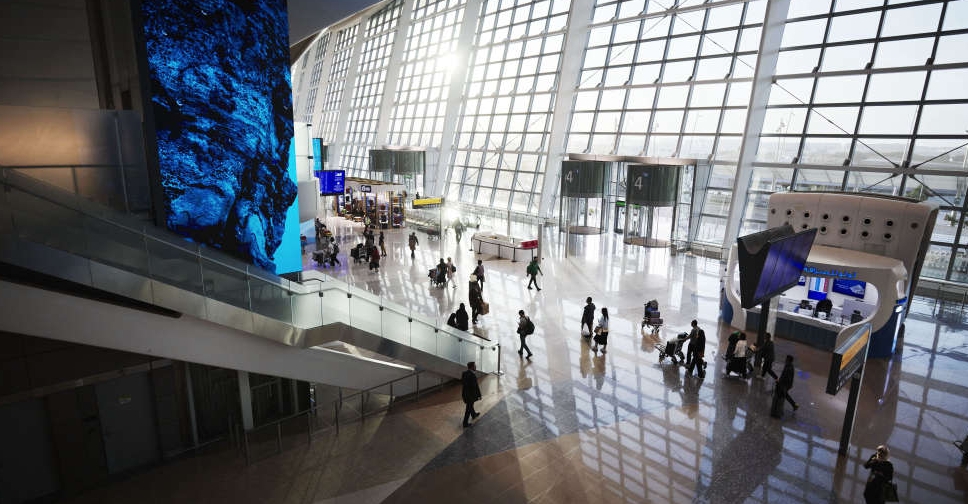 Abu Dhabi Airports welcomes 6.9 million passengers in three months
Abu Dhabi Airports welcomes 6.9 million passengers in three months
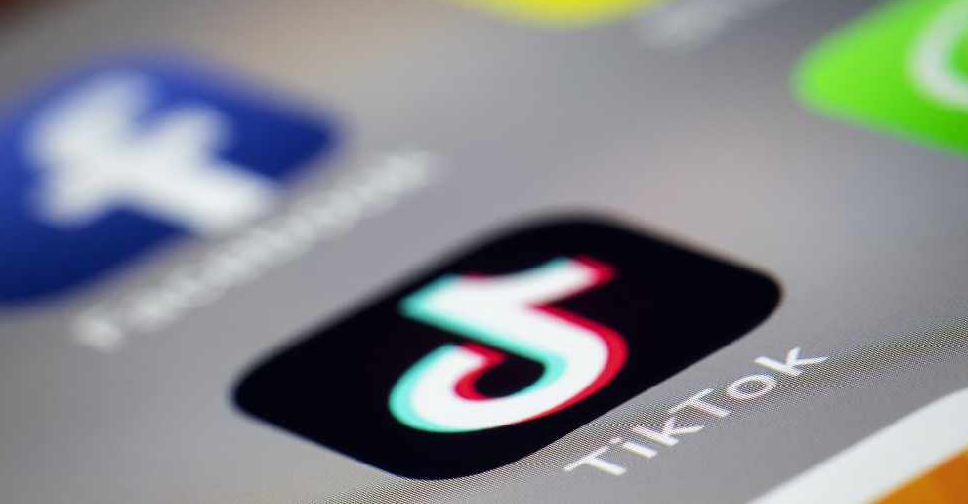 ByteDance denies media report of plan to sell TikTok
ByteDance denies media report of plan to sell TikTok
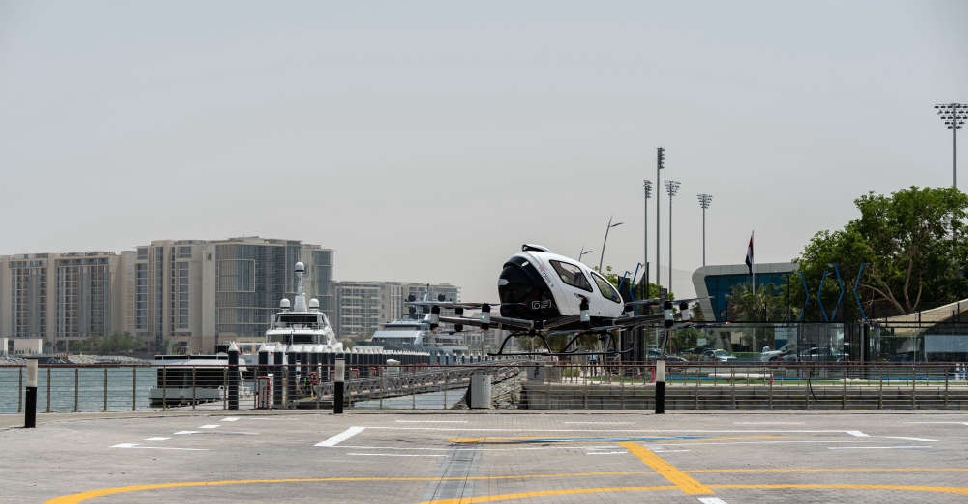 Photos: UAE’s first operational vertiport unveiled in Abu Dhabi
Photos: UAE’s first operational vertiport unveiled in Abu Dhabi
